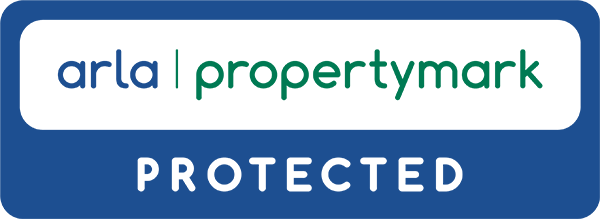Renters Reform Bill passes second reading without a vote, but with a glimmer of hope for Landlords?
Renters Reform Bill passes Second Reading without Section 21 abolishment.
It was a busy weekend for the Renters Reform Bill, as it passed it’s second reading without a vote as expected, but only after the abolishment of Section 21 notice was removed until substantial court reform has taken place. The decision by the government seems to be the first sensible step in ensuring the reforms work from a practical perspective.
Landlords are already seeing vast delays in the court process when going for evictions, with a backlog stretching as far back as 2021, meaning landlords could be waiting for up to 6 months in some cases to get their property back. In Stockport, they seem to be ahead of the curve thankfully, but elsewhere in Manchester, there is a 3 month delay to proceedings once the court has processed the possession request and even longer delay for County and High Court bailiff’s to be instructed.
The government has now recognised this issue and decided that abolishing Section 21 notices without improvements to the courts and the eviction process would create even greater strain on the private rented sector, which is at breaking point already.
Despite this concession, the bill continues through the parliamentary process, with it now progressing to the committee stage, where the bill will undergo scrutiny “line by line”.
The main proposals of the bill are:
- Creating a mandatory Landlord Ombudsman, creating a Code of Practice and a governing body for all landlords to be members of. This will provide tenants with someone to complain to should compliance matters be ignored, or their property fall into disrepair. The aim of the Ombudsman is to provide a mediation service and attempt to resolve landlord and tenant disputes without both parties having to go to court, or for possession to be sought.
- A proposed online landlord portal will be created, alongside the Ombudsman, providing all landlords with guidance on compliance. Little detail has been released about this, and whom would provide the portal. However it is expected that sign up would be mandatory under the new legislation, and evidence of safety certificates and compliance would need to be uploaded regularly.
- The Decent Home Standard would be enforced within the private rented sector, replacing much of the Housing Health and Safety Rating System (HHSRS). The aim of bringing this regulation from the social housing sector into the private rented sector is to improve the quality of housing available to tenants, and ensure landlord’s react to issues such as mould and damp quickly and effectively.
- Tenants will be able to contest and negotiate rent increases more often, and have a plethora of tools at their disposal in order to do so. This is to stop unfair rent increases from landlords, or attempts by landlords to increase the rent above market value in an effort to “price out” long-standing tenants.
- A landlord will be unable to refuse a tenants request to have a pet reside in the property, without good reason. In the past, many landlord’s have refused permission for pets, due to the additional wear and tear and the restriction of the amount of deposit you can take, which was capped at 5-weeks rent by the Tenant Fees Act 2019. The bill aims at allowing tenants to have more freedom when it comes to pets, with the argument that it will help their quality of life, and potentially mean the tenant stays longer.
- The bill also proposes scrapping fixed term assured shorthold tenancies and instead moving all existing and new tenants onto a standard periodic tenancy. The idea is that this gives the tenant more freedom and flexibility to move houses should they need to, if they’re relocated with work or need to up-size or downsize. To coincide with this, the government is proposing to extend the notice periods for each party, with tenants requiring to give two months notice as opposed to one, and increasing the landlord’s notice from two months to four months. There is little known detail about how this would work practically, and over the weekend, the government has proposed a different style of tenancy for student accommodation.
- The government had proposed to scrap the Section 21 “No Fault Possession” notice, providing tenants with more security. It also proposed changes and improvements to the Section 8 notice, allowing landlords to still obtain possession of their property should they need to sell it, or move a close family member in. It also proposed strengthening a few of the grounds relating to anti-social behaviour, making it easier for landlord’s to obtain possession orders where anti-social behaviour is an issue with the tenants.
As already explained, the Government has now back-tracked slightly on this, and has advised that Section 21 notices will remain until improvements have been made to the courts and the eviction process. However, we expect that the removal of no fault eviction notices will still be on the cards, but this may be done at a later date as a revision to the bill.
We’ll keep you updated with all the progress and any changes to the bill as it goes through the parliamentary process. If you have any questions or are concerned about how the bill will affect you and your investment portfolio, please don’t hesitate to contact our specialist lettings team on 0161 511 5339 or via our contact form.






